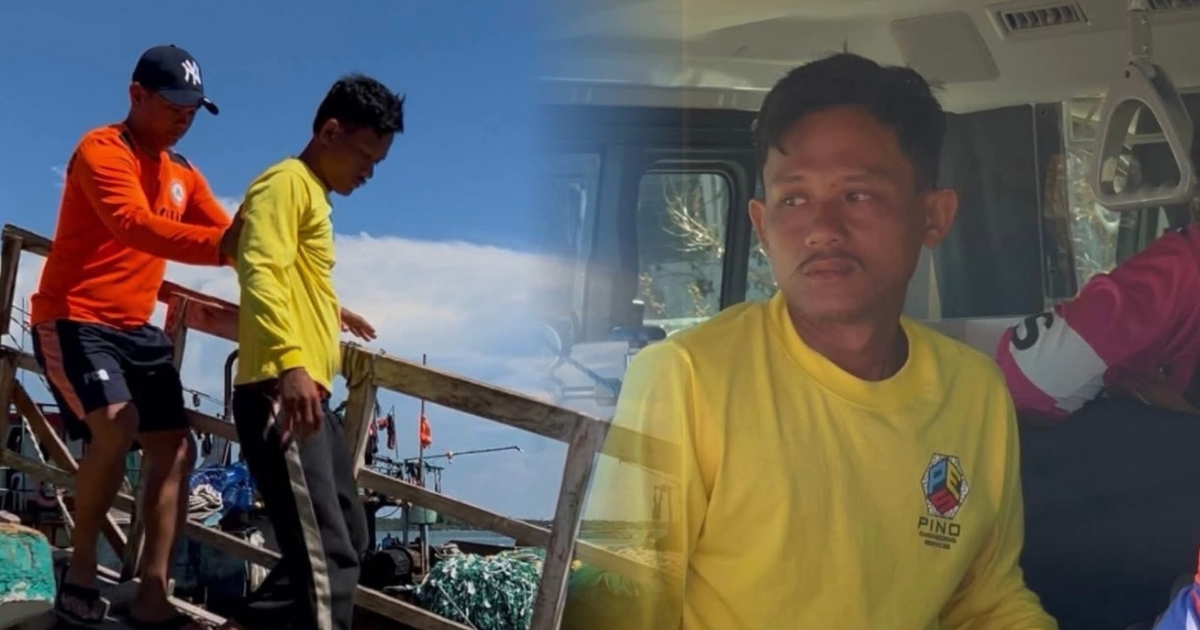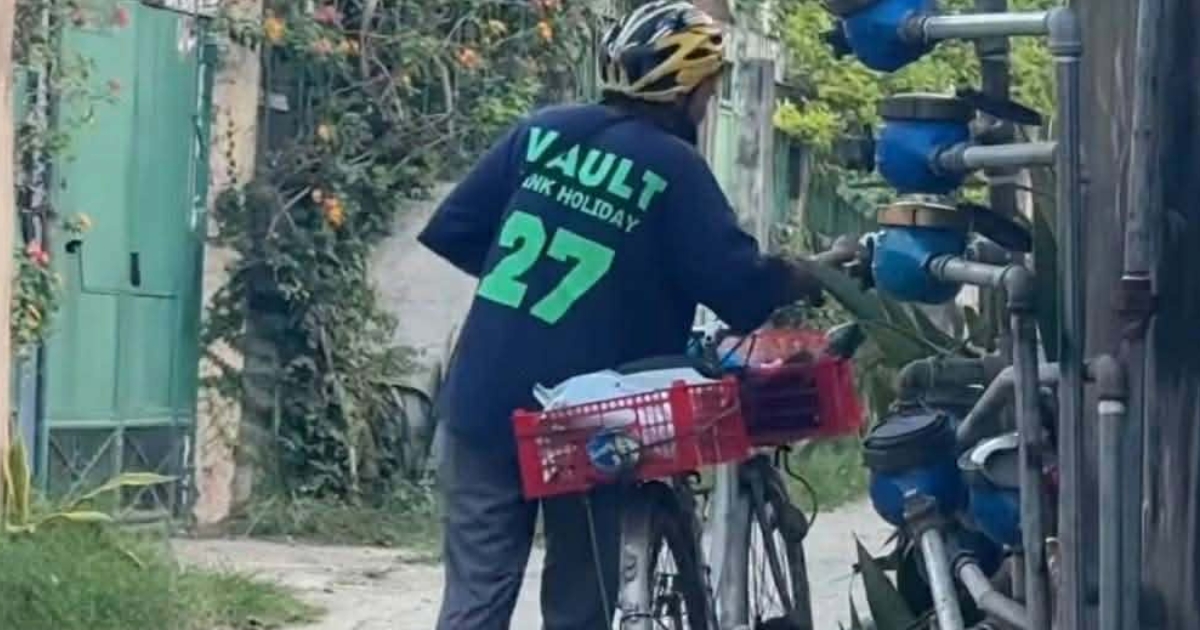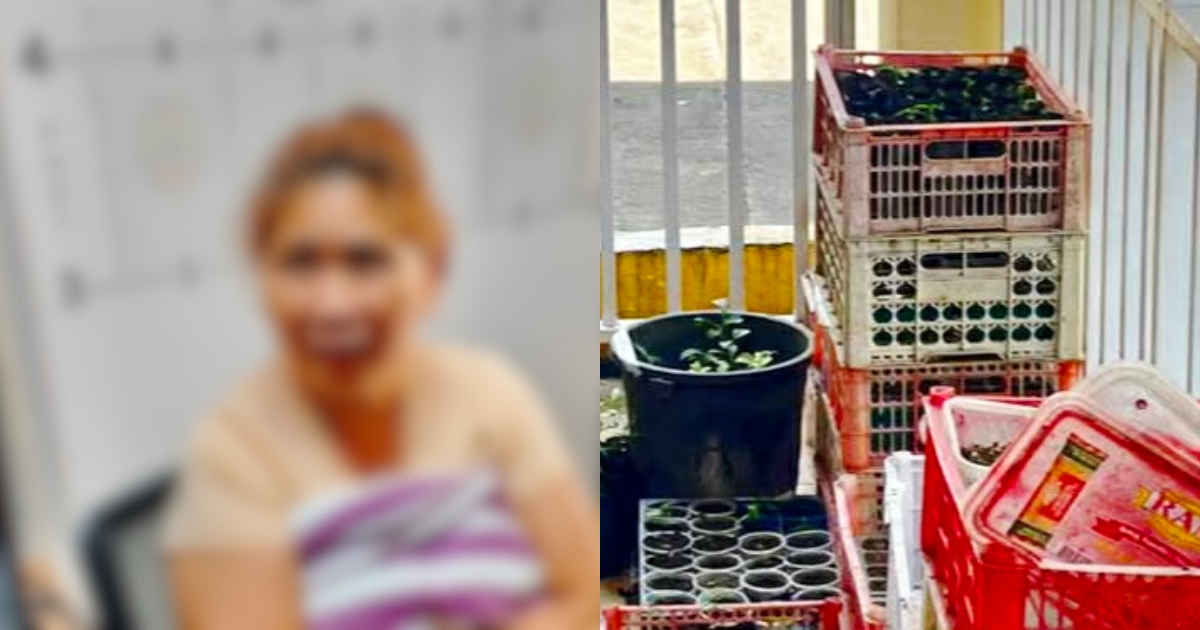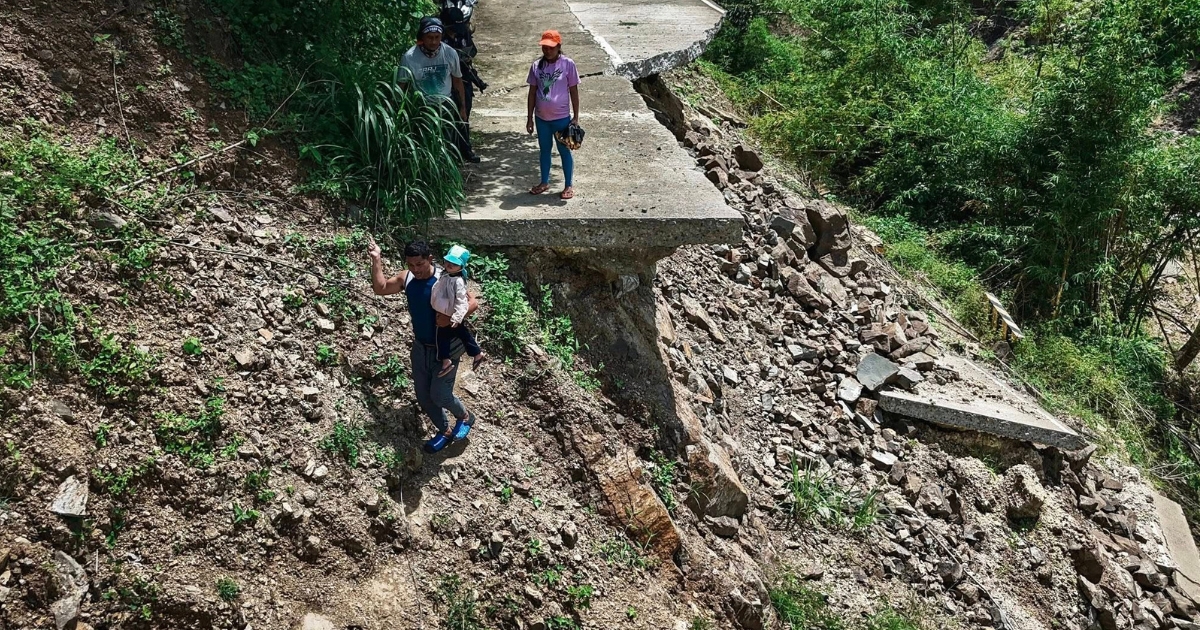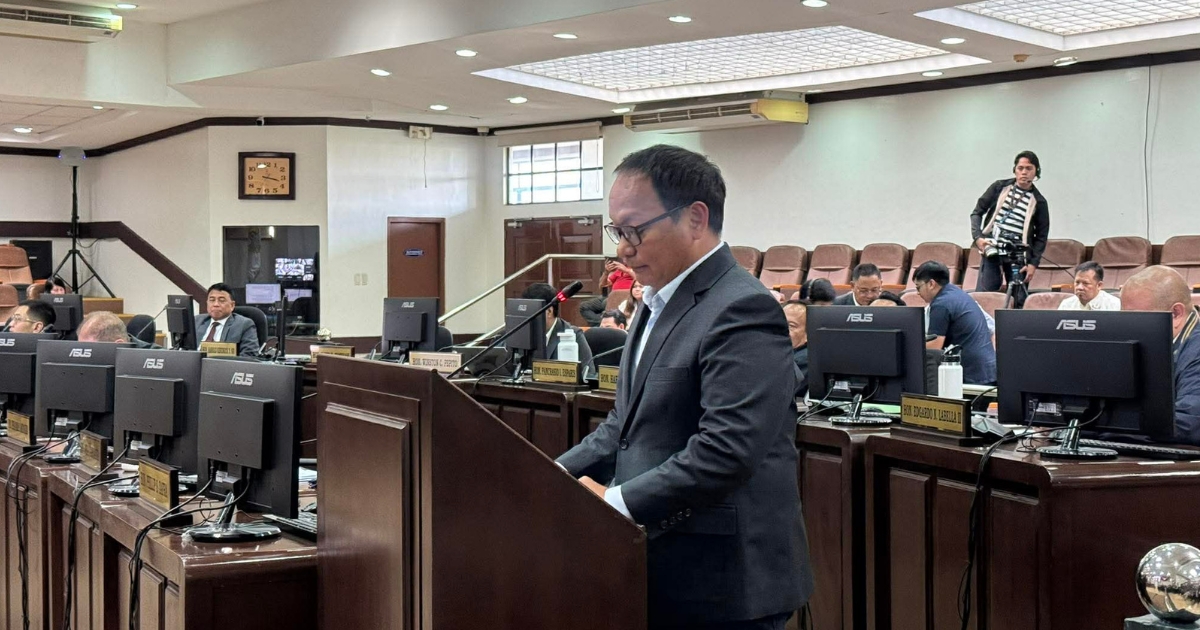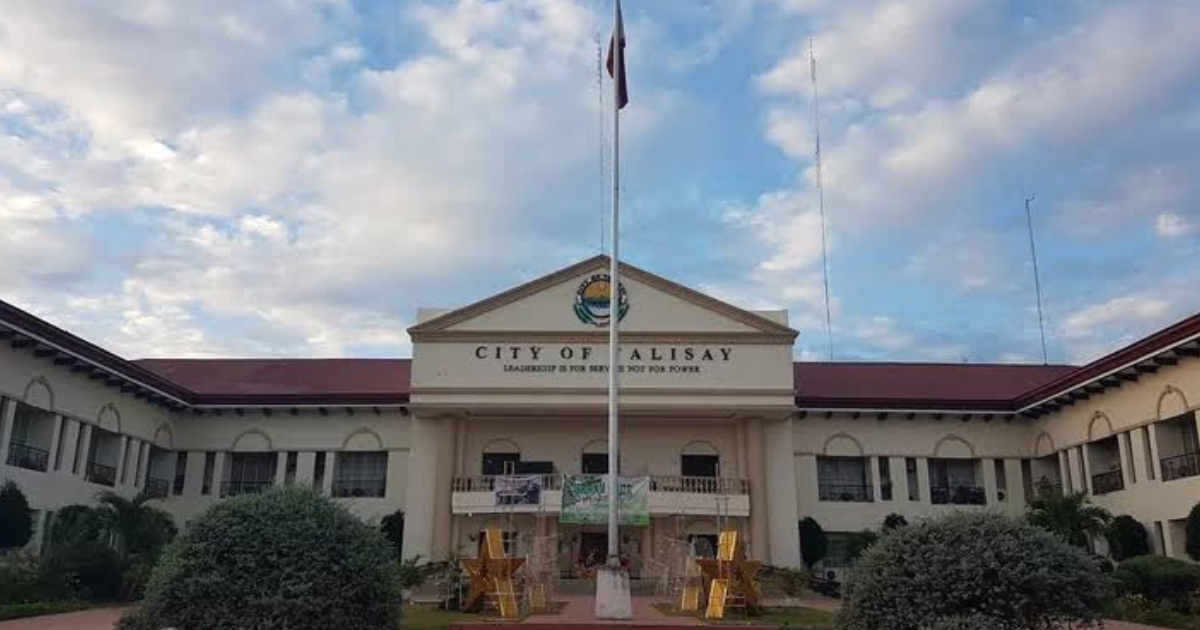By the time rescuers found Christian Abanto, he had been lost at sea for two nights and three days — alone, hungry, and clinging to banana trunks and the hope for a miracle.
He was alive. But survival came with a different kind of weight — the kind that lingers long after the waves have calmed, a heaviness that doesn’t wash away with time.
“I never thought it would be that strong.”
Christian Abanto, 33, a farmer from Buswang, Cantuod, Balamban, admits that he had been complacent. After surviving Typhoon Odette, he thought Typhoon Tino wouldn’t be as fierce. So he moved slowly, packing a few things, even letting his wife and children evacuate first while he stayed behind.
At 3 a.m., the wind and rain were bearable. But by 4 a.m., the water rose so quickly that he and his brother-in-law had to climb onto the roof. A banana tree crashed into the house, tearing it apart. They jumped into the raging flood.
“My brother-in-law was able to swim to safety,” he said. “But I had cramps. I couldn’t move. I held on to a banana trunk, but even that was swept away by the current.”
The floodwaters dragged him out to sea, the waves towering like walls, swallowing everything familiar. Every moment was uncertain — he didn’t know if he would survive the next wave, or if he would ever see land again. He could see the faint outline of Negros as the sun rose, a cruel reminder of how far he had drifted.
He just floated and prayed, telling himself not to panic. Because if the panic won, then that would mean he would lose.
Three days in the open sea
Christian survived on banana stems, rotten coconuts, and the scarce water he could salvage from floating bottles, eating and drinking whatever the waves offered. Every bite and sip was a struggle, bitter, insufficient, and never enough to quiet the hunger or thirst. Nights were the hardest as the ocean roared like an enemy, each wave threatening to end his life before he could find relief. Sleep was impossible; he had to stay alert, because the sea could sweep him away in an instant, leaving nothing behind but fear.
When he finally saw a fishing boat, it felt like salvation. But the boat turned away before he could reach it. Still, he didn’t give up.
“It was my luck that they came back to get some water dispensers,” he recalled. “I swam toward them again, shouting. They saw me this time.”
He was finally rescued, but his body had been pushed to its limits; he was weak, parched, and barely able to swallow even the smallest bite of food. He was first taken to San Remigio, then referred to Sotto Hospital in Cebu City.
The true weight of his ordeal only hit once he was safe on solid ground. While he was in the water, he managed to keep going, but the moment he got out, the exhaustion crushed him.
“Alive! Christian is alive!”
Back home, his wife had already feared the worst. She couldn’t stop crying, even as family members urged her to stay strong for their children. Her mind, however, was entirely with Christian, lost somewhere at sea. She and her family searched far and wide, even crossing over to Negros, hoping for any sign of him.
When they returned home, a cousin suddenly signaled that everything was okay. Relief and joy flooded the household.
They jumped, cried, and hugged each other tightly, overwhelmed by the miracle of his survival. Yet even amid the happiness, a quiet ache remained. She could barely imagine what Christian had endured, surviving on scraps just to stay alive, constantly thinking of their children.
In separate places — one adrift in the stormy sea, the other waiting at home — both had prayed for the same impossible thing: a miracle.
The scars after the storm
Christian’s physical wounds have mostly healed, but the sea never truly left him. Inside, the waves still crash, relentless and unforgiving. He dreams of the dark, endless water that swallowed everything familiar. Even now, the memory can make his chest tighten and his heart race, a reminder that survival is never simple.
He tries to calm his mind, forcing himself not to worry, not to let panic or agitation take over, because he knows how easily fear can consume him, just as the sea nearly did.
They have lost almost everything: their home, their crops, the livelihood they once had. Starting over feels impossible, like standing at the edge of a cliff with nothing to hold onto. Yet even in the weight of loss, he clings to gratitude — for the miracle of being alive, for being reunited with his family, and for the faith that carried him through the storm.
“The storm never really ended.”
For survivors like Christian, rescue is not the end of the story… it’s only the beginning of another kind of endurance.
The physical wounds may fade over time, but the sea stays with him: the sound of crashing waves, the cold of the water, the memory of being helpless against nature’s power. Even on land, the fear lingers, an echo of every moment he fought to stay alive, a reminder that some storms leave marks no eyes could spot.


